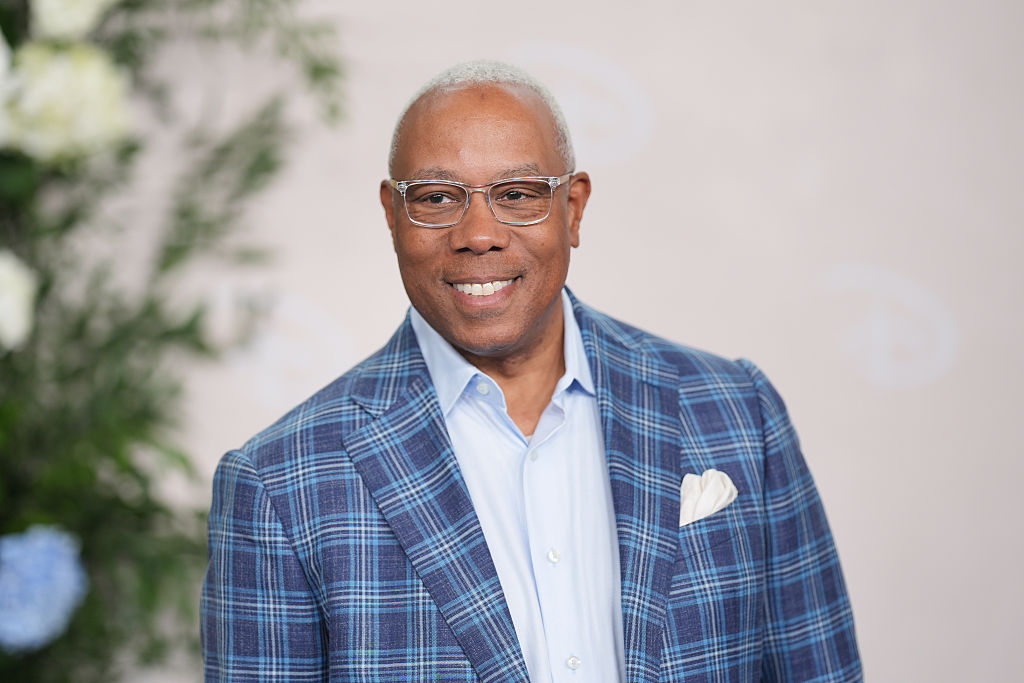ESPN Anchor Jay Harris Reveals Prostate Cancer Diagnosis

As Black men become more aware of their health and hopefully attend doctors’ appointments, more notable men have come forward to speak about their struggles.
Added to that list is now longtime ESPN anchor Jay Harris, who spoke to fellow sports anchor Michael Strahan on Good Morning America about his recent prostate cancer diagnosis and rectifying it.
“I’m having surgery on Tuesday. I’ll be away from SportsCenter for about a month to recover,” Harris told Strahan on GMA. “Then I’m coming back better than ever.”
Harris says that per his last scans, he’s confident the surgery will wholly remove the cancer, adding that “nothing has spread. Once we take out the prostate, hopefully that will be it.”
Harris is a public figure, and taking to such a prominent platform to discuss his health is a notable move, and he hopes it inspires more men to do the same. He describes a recent golf trip with friends where, once he broke the ice about his prognosis, it led to a fruitful conversation about their health concerns, family history, and future appointments.
“We need to talk about these things because we all have them in our family, and by not talking about them — I hate to be morbid about things—we sentence ourselves to death,” he added.
He learned that it runs in his family, as his dad had it, and by speaking to his cousins, he discovered that some of his uncles had it too.
The Virginia native has been working for ESPN since 2003, and sports heads will recognize him from the 11 p.m. edition of SportsCenter.
Harris is spot on about the importance of men’s health, especially prostate cancer. According to the National Cancer Institute, 12.9% of men will be diagnosed with it in their lives, and if found early at stage one —which 69.1% of people do— there’s a relative survival rate of 100%.
The need for early intervention is even more crucial for Black men who are 1.7 times more likely to be diagnosed with and 2.1 times more likely to die from prostate cancer than white men. Still, when detected early, it’s very treatable, though black men are less likely to actually undergo treatment than asian and white men, reports Zero Cancer.
That’s why it’s important for black men to advocate for themselves in preventative health care settings, as they’re less likely to be administered a Prostate-Specific Antigen (PSA) test used to find abnormalities in blood.
[ione_media_gallery id=”1089885″ overlay=”true”]












